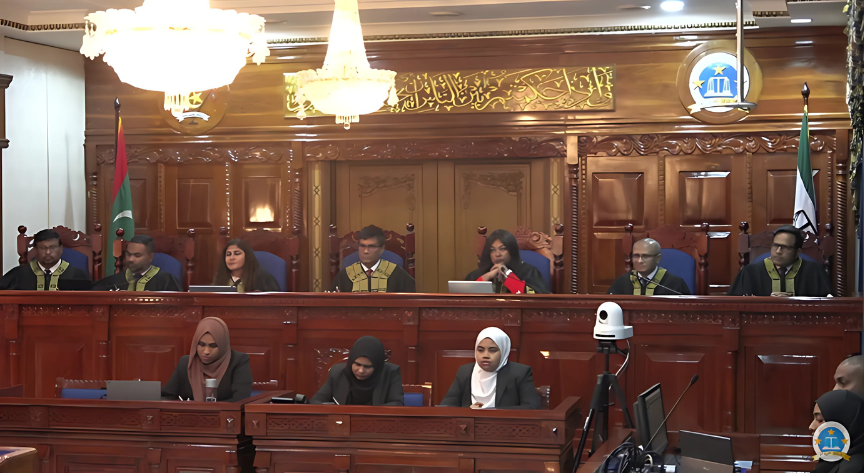The recent constitutional amendment that disqualifies Members of Parliament (MPs) who switch political parties is deeply flawed and violates fundamental democratic principles. The Supreme Court’s decision to hear the case challenging this amendment is a crucial step in protecting the rights of both MPs and the voters who elected them.
The Amendment Limits People’s Power
The Constitution is clear: all state power originates from the people. The primary purpose of MPs is to represent their constituents, not to be controlled by political parties. By forcing MPs to remain in the same party under threat of losing their seat, the amendment effectively takes away their independence and makes them answerable to party leadership rather than the people who voted for them. This is a serious attack on the principle of representative democracy.
A Presidential System Does Not Require Party Loyalty
Maldives follows a presidential system, where the government is not formed based on parliamentary majority, unlike in a parliamentary system. In parliamentary systems, party switching may affect government stability, but in a presidential system, MPs are elected by the people, and their role is to legislate, not to maintain party discipline. This amendment tries to force a parliamentary-style rule into a presidential system, which is both unnecessary and unconstitutional.
MPs Must Have Freedom to Act Independently
Political parties play a role in elections, but the Constitution does not make them a central institution of governance. The amendment gives parties excessive power over MPs by preventing them from resigning or switching parties without losing their seat. This contradicts the idea that MPs should work freely in the best interests of the people, without being forced to follow party orders.
Past Attempts to Prevent Defection Have Failed
As Lawyer Mahfooz pointed out in his argument before the Supreme Court, previous attempts to prevent defection through laws have been unconstitutional. The solution to this issue is not to punish MPs but to create a mechanism where voters have a say in whether an MP should be removed for changing parties. A recall system, for example, would allow the people—not party leaders—to decide if an MP has betrayed their trust.
A Dangerous Precedent for Future Constitutional Amendments
This case is also significant because it is the first time the Supreme Court has been asked to strike down a constitutional amendment as unconstitutional. If the court allows this amendment to stand, it sets a dangerous precedent. It would mean that Parliament can pass amendments that go against the spirit of the Constitution and the rights of the people. The Constitution must not be changed on political whims but should always protect democratic principles and individual freedoms.
The Supreme Court Must Act
The Supreme Court has a duty to uphold the Constitution and ensure that MPs can serve their constituents without being controlled by political parties. The court must strike down this amendment to protect democracy and ensure that the power remains with the people, not party leaders. Anything less would be a step toward authoritarian rule disguised as political discipline.


















